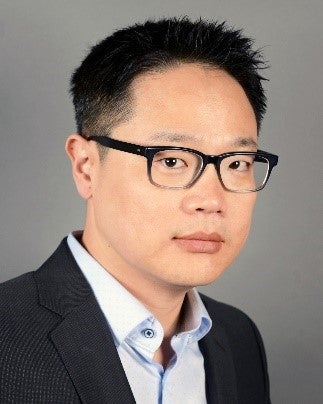Heterogeneous integration (HI) poses new challenges to electronic design automation (EDA), fabless, and foundries and demands innovative design-technology co-optimization solutions that must be built with tight-knit collaborations. One key outcome is the EDA-enabled benchmarking capability that provides quantified evaluation of HI manufacturing technologies under development using system-level design metrics of interest. We present two such examples, first on glass vs. silicon as the interposer material choices, and second on hybrid bonding vs. micro bumping as the die bonding options, both targeting system-level power, performance, area, and cost (PPAC) optimization. In addition, thermal, power delivery, and other reliability related metrics are calculated and compared. Lastly, we discuss various algorithms and methodologies developed, both using conventional and AI-based approaches, to enable these EDA capabilities.

Prof. Sung Kyu Lim received Ph.D. degree from UCLA in 2000. He joined the School of Electrical and Computer Engineering at the Georgia Institute of Technology in 2001, where he is currently Motorola Solutions Foundation Professor. His research focuses on the architecture, design, and electronic design automation for 2D, 2.5D, and 3D ICs using conventional and AI algorithms. He has published more than 400 papers on the topics. He received the Best Paper Award from the IEEE Transactions on CAD in 2022 and the ACM Design Automation Conference in 2023. He began serving as a program manager for DARPA Microsystems Technology Office (MTO) since 2022 to create and manage programs in 3D IC design automation. He is an IEEE fellow.

